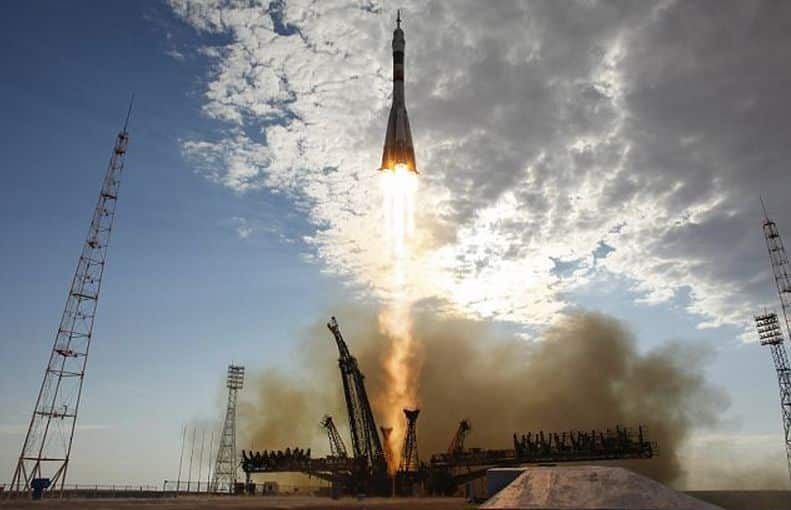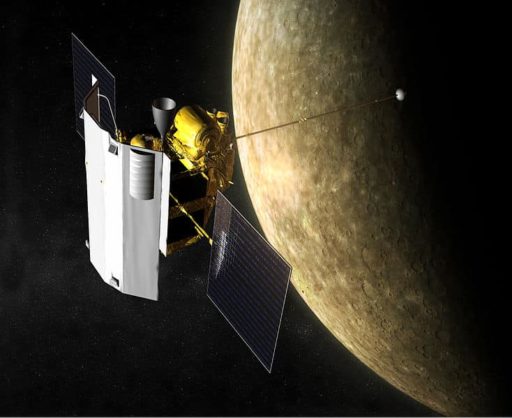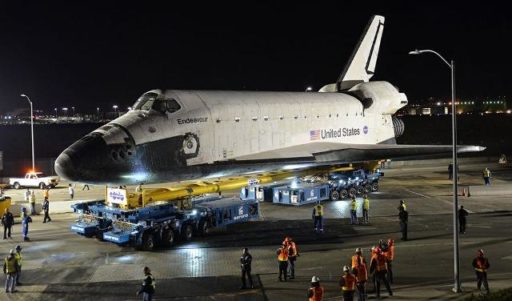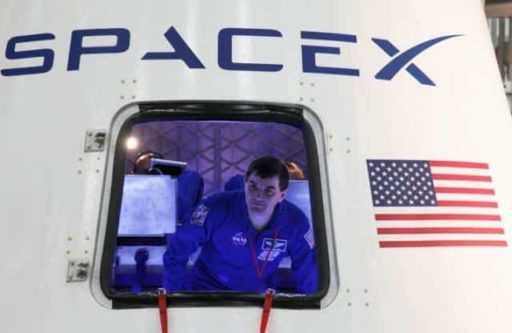NASA’s shuttle program was decommissioned in 2011. Since then, NASA have been sending its astronauts to the International Space Station (ISS) via Russian spacecraft. But as Russia is upset on USA over the Ukraine sanctions, so the country has decided to cut off the access of USA to the ISS. Now reports have it that such case will affect NASA greatly, delaying the agency’s space missions for years.
The ISS is maintained by both American and Russian crews. Since the shut down of NASA‘s shuttle program in 2011, the agency have been sending its astronauts to ISS via Russian spacecraft. Currently, the US pays Russia $60 million per person to ferry its astronauts to the ISS. And NASA planned to continue this until 2024.
Few weeks ago, all on a sudden, NASA had announced that it would cut off contact with Russia because of the Ukraine crisis, with the exception of ISS. But at then NASA might haven’t thought that such decision of the agency may backfire. However, such decision strikes the ego of Russia, and hence the country has planned to cut off the access of USA to the ISS after 2020 in retaliation for trade sanctions imposed over Russia’s aggressive annexation of Crimea.
Russian deputy prime minister Dmitry Rogozin has said, “The Russian segment can exist independently from the American one. The US one cannot.” Rogozin has also said that Russia will also bar the US from buying Russian rocket engines that would be used to launch military satellites.
If Russia stands fast and bans exports of the RD-180 rocket engines used for launching satellites, then the United States military’s space program could see more than 30 missions delayed for an average of three and a half years each. The worst-case scenario is the delays is supposed to cost the US as much as $5 billion. On the other side, if NASA drops nine missions for this delay in next 2 years, it will face a loss of $2.5 billion.
The ban was supposed to take place earlier this month, but the Russian government is yet to see signs that it’s been put in place. Besides, it’s been found that speeding up production of a US-made rocket engine would not be able to avoid the delays. Now it’s time to see what necessary steps the US takes to get rid of this problem.
Courtesy:The Verge
[ttjad keyword=”best-selling-gadget”]




